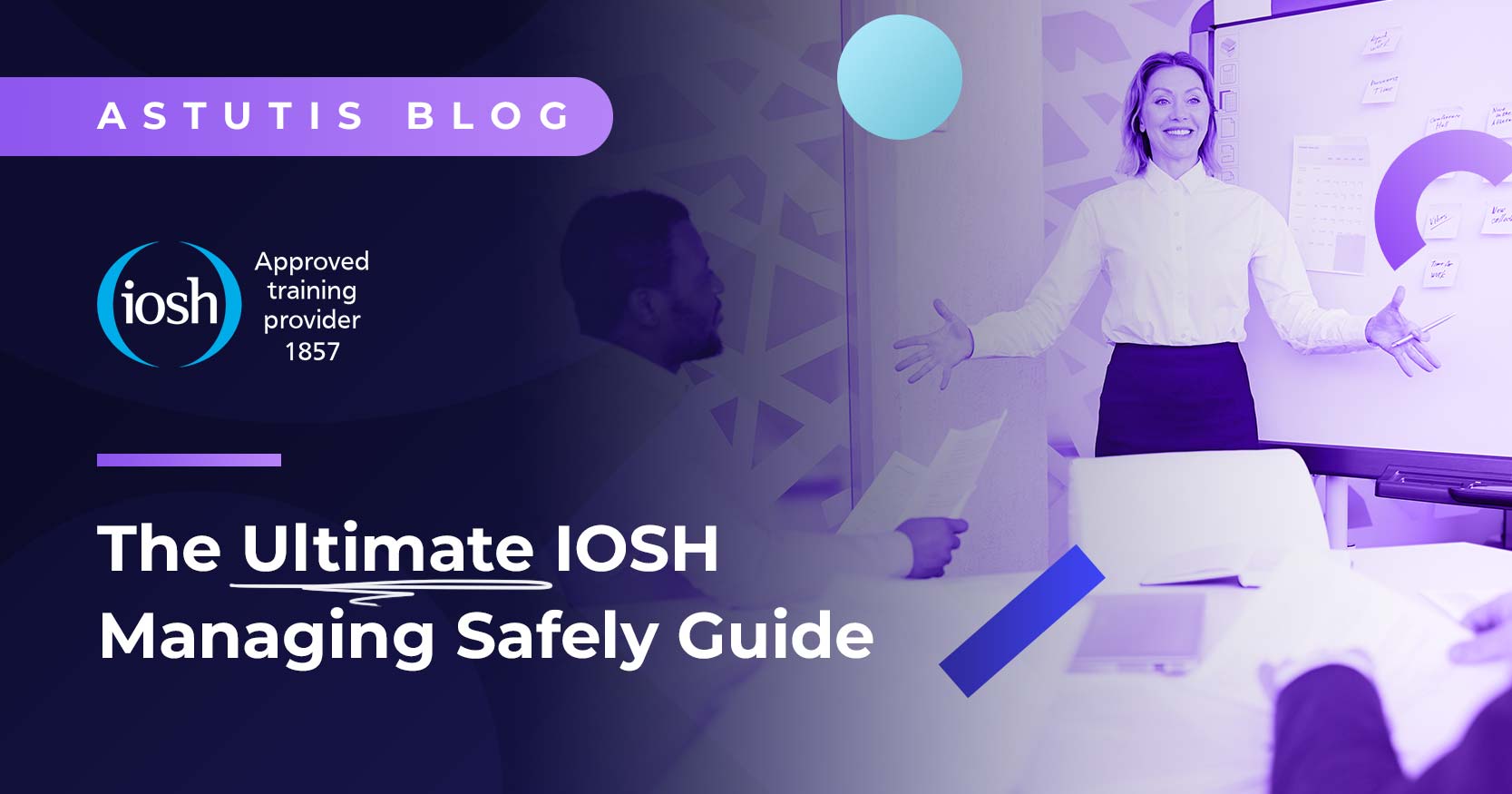8 Tips for Staying Healthy This Ramadan
Are you fasting this Ramadan? Read our 8 top tips that will help keep you feeling energised, focused and uplifted during your fast for a safe, healthy and rewarding experience.
Ramadan is one of the most famous religious holidays in the world. Over 1.6 billion people take part in a period of fasting, prayer, self-reflection and community.
Although a time for celebration, Ramadan demands a great deal of sacrifice and self-discipline and can present a set of challenges when it comes to health and safety. Going long periods without food or water can cause fatigue, stress, and dehydration, increasing the risks of accidents and incidents.
Employers need to recognise the risks and put in suitable control measures to support you while you're fasting. However, there's plenty of things you can do to help combat the symptoms of fasting and have a safe, healthy, and rewarding experience. Here are our 8 top tips to help keep you energised, focused, and uplifted during Ramadan.
1. Re-Structure Your Working Day
Fasting can make it difficult to maintain concentration throughout the day, so it's best to tackle demanding tasks in the morning while you have energy from your Suhoor meal. Shift routine tasks to later in the day when the effects of fasting begin to creep in.
2. Exercise in the Evening
Avoid doing physical tasks in the afternoon when the temperature is high and your energy levels begin to drop. Instead, exercise later in the evening when you have energy from your Iftar meal and can rehydrate adequately.
Swap high-intensity workouts for low-impact training that demands less energy and stress on your body. Walking is a great way to improve or maintain your overall health. Just 30 minutes a day can increase cardiovascular fitness, strengthen bones, reduce excess body fat, and boost muscle power and endurance
3. Take Regular Breaks
You may find yourself feeling more tired and stressed during your fast, so be kind to yourself and allow yourself more breaks throughout the day. If you feel tired, try going for a walk to get some fresh air and raise your oxygen levels.
4. Talk to Your Colleagues
Fasting can have a significant impact on your mood and productivity. Maintain open communication with your colleagues and manager so they're aware you're fasting and can support you with your workload or working hours.
You could also use the opportunity to raise awareness of the meaning behind Ramadan amongst non-Muslim colleagues to help create a more inclusive work environment.
5. Do Not Skip Meals
Whatever time it is, make sure you don't skip your Suhoor meal. Fill yourself up with complex carbohydrates like brown rice and wholemeal bread. These will help balance your energy levels and keep you feeling full longer.
6. Maintain a Healthy Diet
Eating a well-balanced diet full of vitamins and nutrients will help keep your body and mind strong, give you more energy, and allow for better sleep.
Ensure your meals have plenty of fresh fruits, vegetables, and protein. In the morning, opt for complex carbohydrates like wholegrain and wholemeal to help regulate your energy throughout the day. Then choose simple carbohydrates which can be broken down quickly to be used as energy during your Iftar meal.
7. Stay Hydrated
Increase your water intake to 3 litres between Iftar and Suhoor to decrease the risk of dehydration. Foods such as watermelon, cucumber, celery, and tomatoes will also help keep you hydrated with their high water content.
8. Get Plenty of Rest
An accumulated lack of sleep will affect your concentration, focus, and decision-making. If you can't get the recommended 8 hours of sleep in the night, then make sure you schedule some time to rest during the day. Just 10-20 minutes of sleep in the afternoon will help re-energise you, lift your mood, and improve performance for the rest of the day.
Are you responsible for managing the health and safety of your team? Take a look at our top 7 tips for supporting your employees during Ramadan.
Develop your skills this Ramadan!
Related Blogs

Real Life Stories









